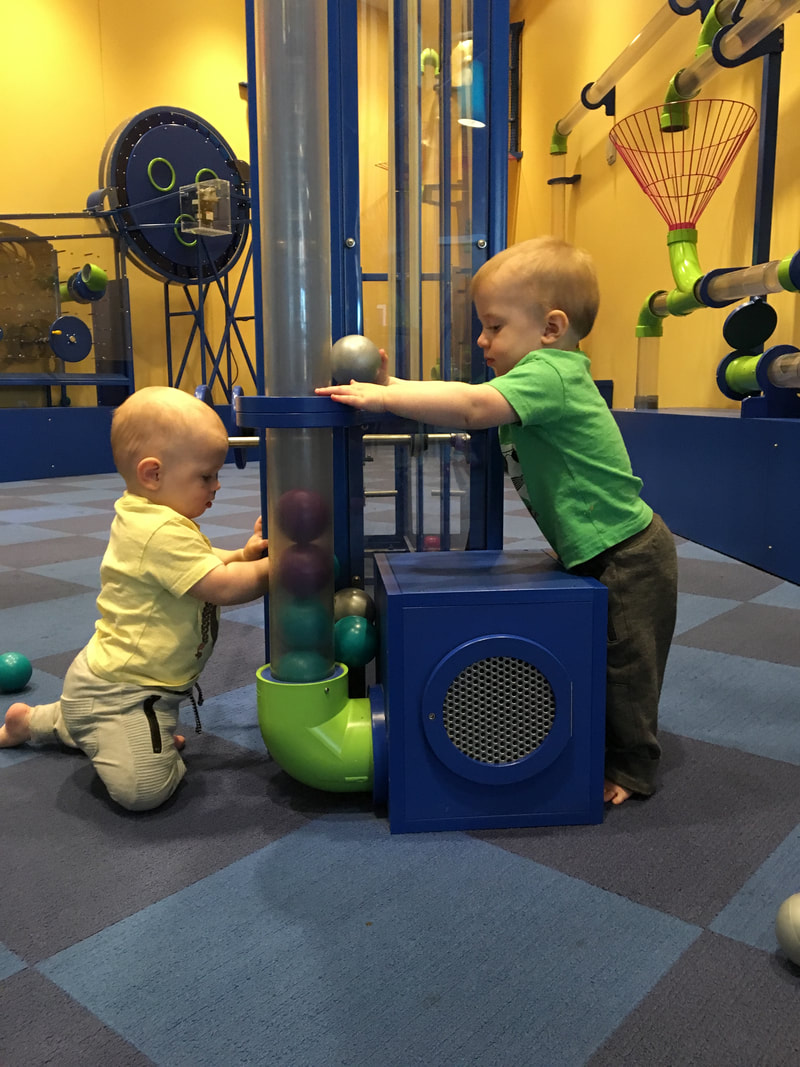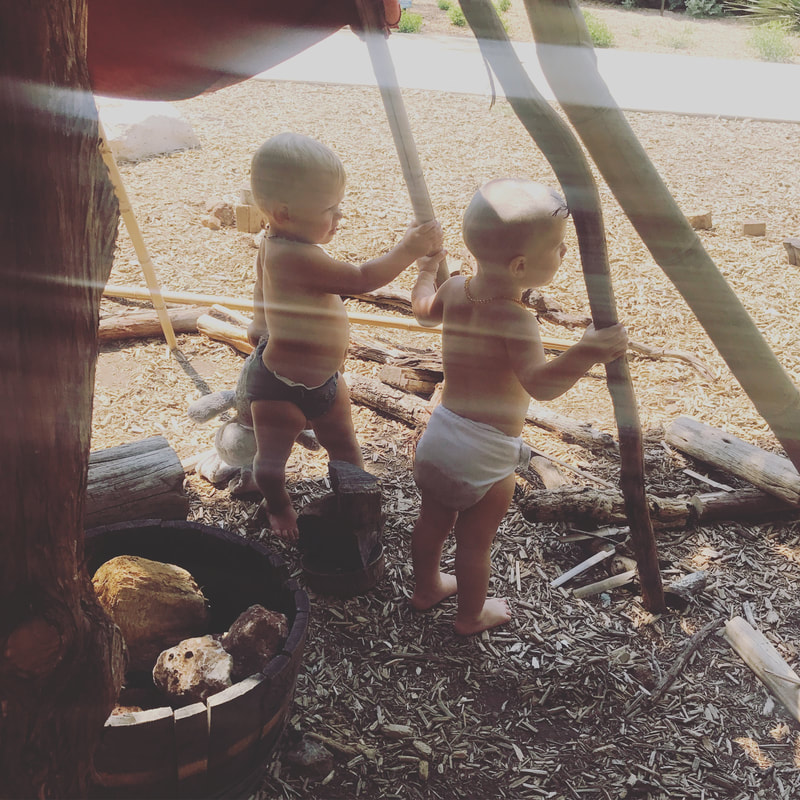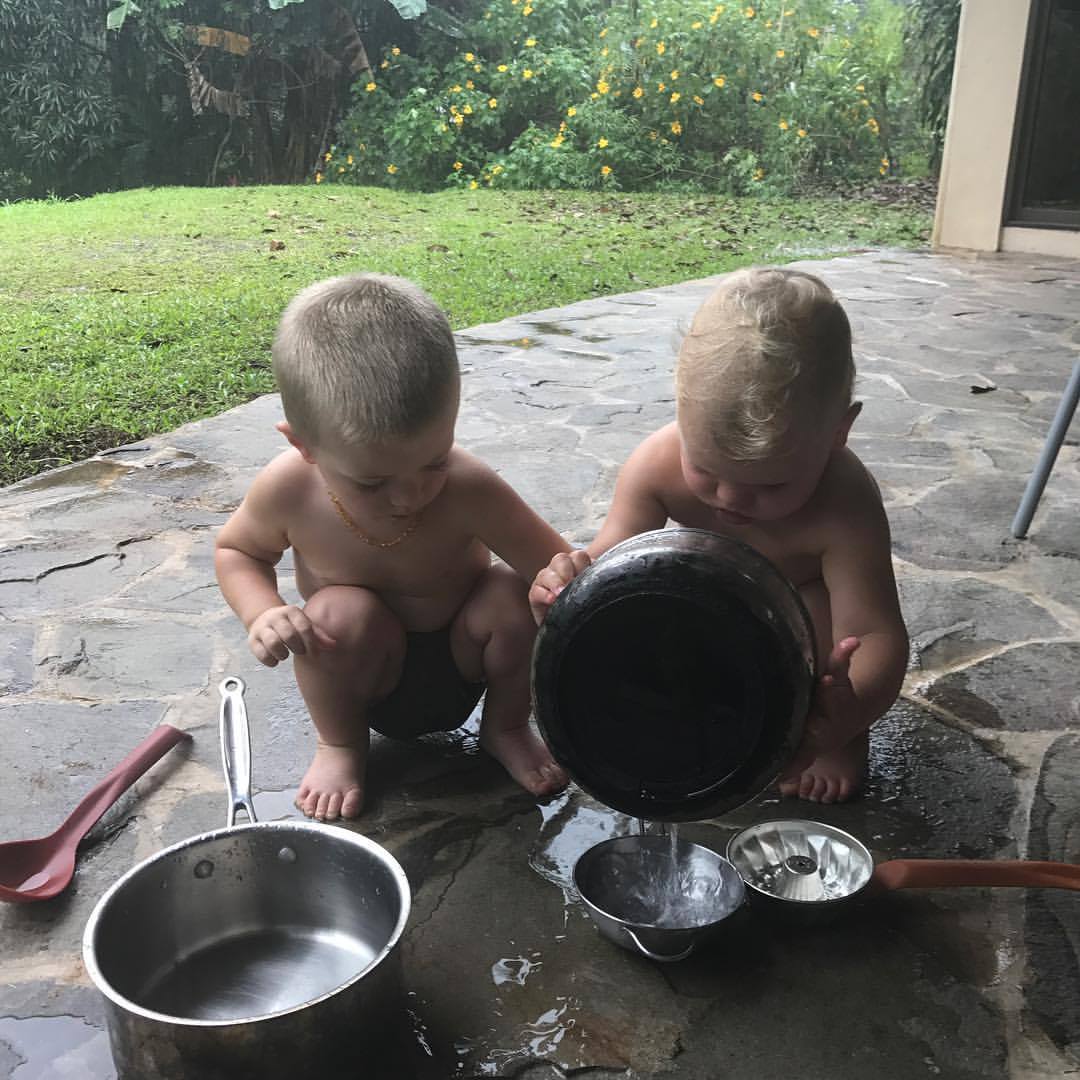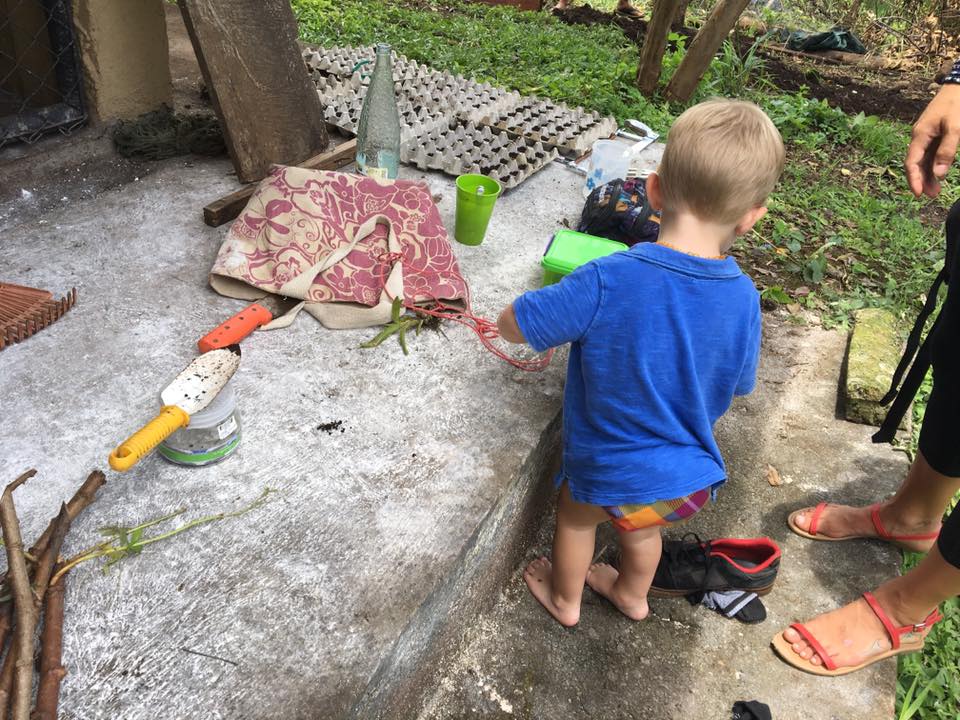|
It irks me ever so slightly when I meet someone who tells me they've visited Austin and they had fun on Sixth Street. In fact, I'll probably roll my eyes or blush with embarassment. News Flash: Locals HATE Sixth Street! That's where we go when we're in the mood to witness a bar fight, relive the pleasure of drip drying over a dirty toilet, and hop over the vomit of a bachelorette wearing a neon wig as we walk down the strip looking for the next joyous encounter with a toothless man swinging a wallet on a chain. Theres a reason it's nicknamed "dirty six". Locals, and parents, value much more about Austin than the party scene. I feel blessed I get to raise my boys here because there's SO much to do with littles in this city. So, what do you do in Austin with littles? Outdoor:
Short Drive outside town:
0 Comments
Typically I'm turned off when I hear an early childhood program talk about what a child will "learn" while they're in school. I don't want my children to "learn"; I want them to think. There's a BIG difference!
Progressive schools are moving away from content development and focusing more on brain development instead. The infant brain contains for neurons than there are stars in the galaxy. These neurons are constantly firing and rewiring as the brain grows and develops for the next twenty-five years. Yup, that's right...it ain't done growing til 25 years old! The fastest, most rapid growth is these early years- zero to three. Unfortunately though, if certain neurons are not stimulated, they get pruned away and disappear. When they are stimulated; however, they get stronger and build connectors and receivers. By providing rich, stimulating experiences for young children, we're keeping these neurons alive so that as they grow they're able to access ALL parts of the brain. Picture two toddlers. (A) One toddler is sat on the floor in a classroom with fluorescent lighting, multi colored cartoon photos on the wall and shown a picture of a pig. His teacher sings a song, or reads a story about a pig and teaches each child the animal sound a pig makes. Perhaps they go a step further and talk about it's snout and curly tale. (B) Toddler two is playing outside in the fresh air and sunshine. The teachers calls the kids together and the run, skip, gallop, or cartwheel over the group. The teacher has invited a petting zoo to the school including a pig. The children gasp as they see the pig, touch, the pig, and can smell the pig. They hear his snorts (not an "oink" by the way) and laugh and try to recreate the sound. They watch him gorge himself on slop and then fall over into the dirt covered in mud and flies. Then they paint about the experience and tell a story from the day to the class. Child A is leaving school having been TOLD a pig is pink and says oink. Clearly he has "learned" something today. Child B EXPERIENCED a pig and all of his senses were stimulated, meaning his brain was actively engaged. He was in control of his movement, his involvement, and leading his learning. His teacher has engaged in brain development, not content. Therefore, when he is school aged, his brain will be much more ready to receive new information. His early childhood experiences have encouraged thinking, observing, and experiencing. As a thinker, he'll be more able to learn. "If a young child has been able to play...to give up his whole living being to the world around him...he will be able in the serious tasks of later life, to devote himself with confidence and power to the service of the world" -Rudolf Steiner Stay gold, Chelsea |
Chelsea VailParenting expert, blogger, inventor, single mom to twins, barefoot nomad, adventure seeker, boho spirit, advocate of play Archives
March 2022
Categories |




 RSS Feed
RSS Feed